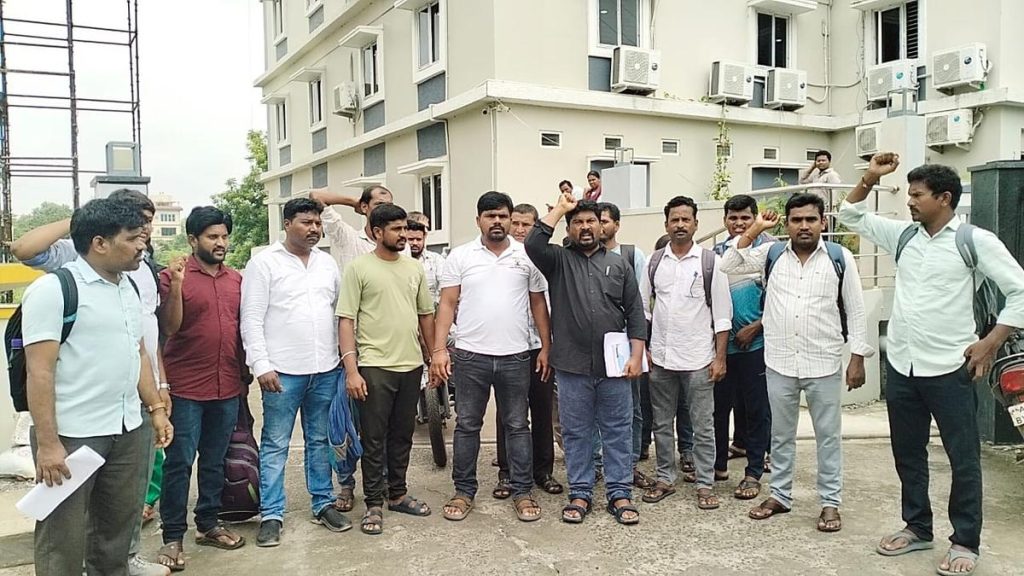Now Reading: Rice Quality Under Scrutiny After Surprise Inspection in Mandya Taluk
-
01
Rice Quality Under Scrutiny After Surprise Inspection in Mandya Taluk
Rice Quality Under Scrutiny After Surprise Inspection in Mandya Taluk
Swift Summary
- Mandya Zilla Panchayat CEO K.R. Nandini conducted a surprise inspection at Karnataka Public School in Basaralu village, mandya taluk.
- Examined the quality of food provided under the mid-day meal scheme, including rice, toor dal, and oil.
- Noticed variations in rice quality; samples were collected for testing with instructions given for reports to be submitted.
- Checked distribution of eggs and bananas and advised timely delivery of supplies following Standard Operating Procedures during Dasara vacation to prevent spoilage.
- reviewed basic school facilities like toilets and drinking water; provided instructions for mandatory student attendance monitoring, informing parents about absentees, and improving SSLC examination results.
Indian Opinion Analysis
This inspection underscores a proactive approach toward ensuring accountability in public welfare programs like the mid-day meal scheme. Such efforts are vital as they directly impact students’ health and education outcomes. The focus on food quality testing is particularly significant since lapses can led to nutritional inadequacies or risks for children. Additionally, emphasizing operational efficiency (like preventing food spoilage during vacations) reflects an attempt to curb wastage while maintaining service standards.
The inquiry into infrastructure such as sanitation facilities also highlights the interconnectedness between educational quality and basic amenities. Furthermore, advising schools on attendance tracking and examination results suggests steps toward fostering an environment geared towards better academic performance-a long-term benefit for both students and their communities.
this initiative may serve as a model for other regions striving to balance nutritional aid with academic progression under similar schemes.
Read more: Link

























